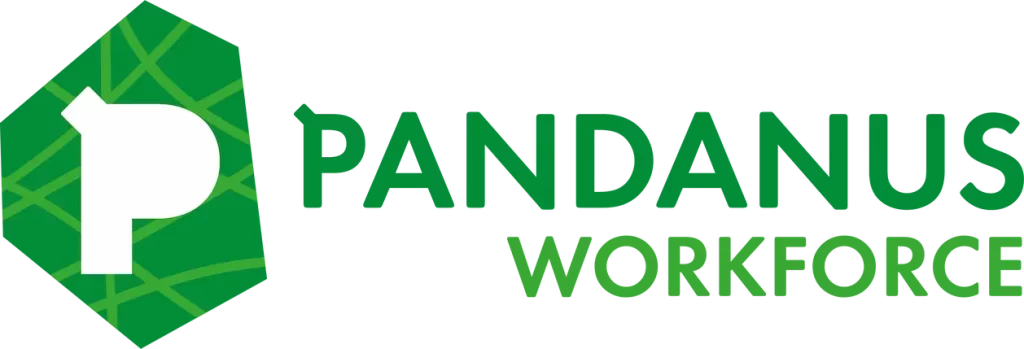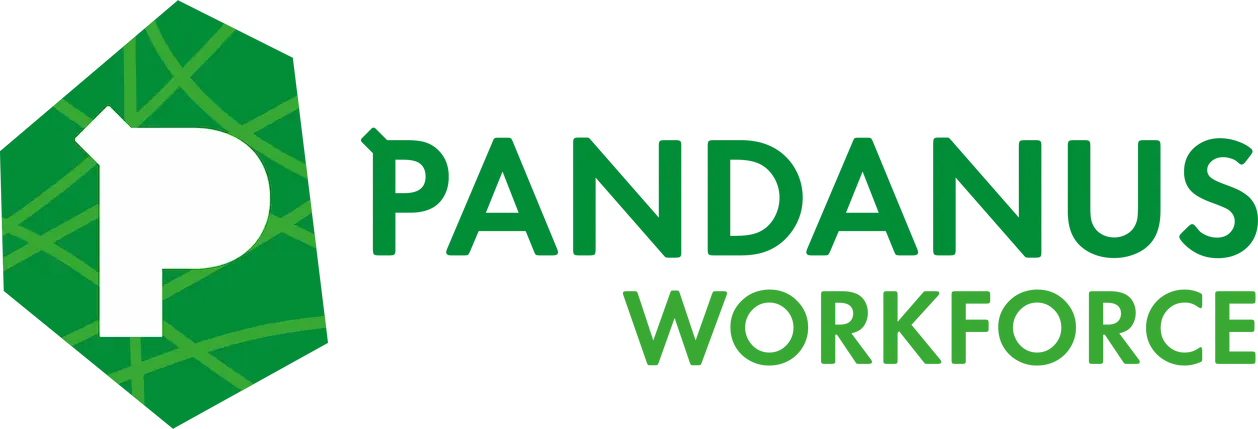Key Workforce Regulations Every Employer Must Know
The Fast-Moving Consumer Goods (FMCG) industry operates at a rapid pace, where meeting consumer demand, ensuring product quality, and maintaining an efficient workforce are top priorities. However, compliance with workforce regulations is equally critical to avoid legal risks and penalties that could derail operations. From wage laws to health and safety standards, FMCG employers must stay on top of an ever-evolving regulatory landscape. In this blog, we’ll outline key workforce regulations that FMCG businesses need to know to ensure compliance and maintain a productive and compliant workforce.
1. Wage and Hour Laws: Ensuring Fair Compensation
Wage and hour laws are fundamental to workforce compliance, and FMCG employers must ensure that they are paying their employees fairly and in accordance with local and national regulations. This includes adhering to minimum wage requirements, paying overtime when applicable, and ensuring employees receive proper breaks during their shifts.
Key Insight: Failing to comply with wage laws can lead to costly fines, back pay settlements, and damage to your company’s reputation. Regular audits of your payroll practices can help prevent compliance issues.
Actionable Tip: Ensure that your payroll system is up-to-date with the latest wage laws and overtime regulations. Use workforce management software to track employee hours accurately and ensure that overtime and breaks are accounted for in accordance with the law.
2. Workplace Health and Safety Standards
The FMCG industry often involves physical labour, repetitive tasks, and fast-paced environments, all of which can pose health and safety risks to employees. Employers must comply with occupational health and safety standards to ensure that their workforce is protected from potential hazards.
Key Insight: Non-compliance with safety regulations can result in serious accidents, financial penalties, and disruptions to your operations. It’s essential to create a safety-first culture within your organization.
Actionable Tip: Implement regular safety training for employees and managers, focusing on common risks in the FMCG sector, such as machinery operation, repetitive strain injuries, and handling hazardous materials. Regularly review and update your safety protocols to ensure they meet the latest regulatory requirements.
3. Equal Employment Opportunity and Anti-Discrimination Laws
FMCG employers must comply with laws designed to promote equal employment opportunities and prevent workplace discrimination. This includes regulations related to hiring practices, employee treatment, and workplace conduct, ensuring that all employees are treated fairly, regardless of their race, gender, age, disability, or other protected characteristics.
Key Insight: Violating anti-discrimination laws can lead to lawsuits, hefty fines, and a damaged reputation. FMCG businesses must take proactive steps to create an inclusive and non-discriminatory work environment.
Actionable Tip: Implement diversity and inclusion training for your management team and employees to raise awareness about unconscious bias and discrimination. Ensure that your hiring, promotion, and disciplinary practices are free from bias and comply with equal opportunity laws.
4. Employee Rights Under Union and Collective Bargaining Laws
Unionized workplaces are common in some areas of the FMCG sector, and employers need to be aware of employee rights under union and collective bargaining agreements. This includes respecting employees’ rights to organize, negotiate wages, and discuss working conditions without fear of retaliation.
Key Insight: Failing to comply with union laws and collective bargaining agreements can result in legal disputes, strikes, and a breakdown of trust between employees and management.
Actionable Tip: Stay informed about the specific terms of any collective bargaining agreements that apply to your workforce. Ensure open communication with union representatives and seek legal advice if you’re uncertain about how to navigate union-related issues.
5. Worker Classification: Full-Time vs. Contractors
Proper classification of employees as either full-time workers or independent contractors is essential for compliance with tax, wage, and benefit regulations. Misclassifying workers can lead to legal penalties and back payments for wages and benefits.
Key Insight: Misclassification can occur when employers incorrectly categorize employees as contractors to avoid paying benefits, taxes, or overtime. This is a common issue in industries with flexible work arrangements, like FMCG.
Actionable Tip: Review the criteria for worker classification in your jurisdiction and ensure that your employees are correctly categorized. When in doubt, consult with legal or HR experts to ensure compliance and avoid costly misclassification issues.
6. Leave and Time-Off Regulations
Employees are entitled to certain types of leave, including sick leave, vacation days, parental leave, and sometimes family or medical leave, depending on the regulations in your region. FMCG employers must ensure that their policies comply with local and national leave regulations and that employees can access their entitled leave without penalty.
Key Insight: Failing to provide mandated leave can result in legal action and harm employee morale. Compliance with leave regulations also supports a healthy, engaged workforce.
Actionable Tip: Implement a clear leave policy that complies with local labour laws. Use HR software to track leave balances and requests, ensuring employees can easily access their entitled leave and that management can approve time-off requests efficiently.
7. Data Privacy and Security for Employee Records
With the growing focus on data privacy regulations worldwide, businesses must protect their employees’ personal information. FMCG employers must ensure that they handle employee data—such as social security numbers, health information, and payroll details—in a secure manner that complies with privacy laws like the General Data Protection Regulation (GDPR) or similar local laws.
Key Insight: Breaches in employee data privacy can lead to regulatory fines and reputational damage. Employees expect their personal data to be handled securely, and non-compliance can erode trust.
Actionable Tip: Implement robust data security protocols for handling employee records, including encryption, access controls, and regular audits of your data management systems. Train your HR and payroll teams on data privacy regulations and ensure compliance with local laws governing employee information.
8. Workplace Harassment and Anti-Bullying Regulations
Workplace harassment and bullying are serious issues that can lead to legal liability, high turnover, and a toxic work environment. FMCG employers must comply with regulations that protect employees from harassment and bullying and must have clear policies in place to prevent and address such behaviours.
Key Insight: Employers are legally obligated to provide a safe and respectful workplace. Failure to address harassment or bullying claims can result in lawsuits and damage to your brand’s reputation.
Actionable Tip: Establish a zero-tolerance policy for workplace harassment and bullying. Ensure that employees and managers are trained to recognize and address inappropriate behaviour, and create a clear process for reporting and resolving complaints.
Conclusion
Compliance with workforce regulations is essential for the long-term success of FMCG businesses. By staying informed about wage laws, safety standards, anti-discrimination rules, and employee rights, FMCG employers can avoid costly legal pitfalls while fostering a positive, productive workplace. Proactive compliance not only protects your business from regulatory risks but also helps build trust and loyalty among your workforce, ultimately driving better business outcomes.






